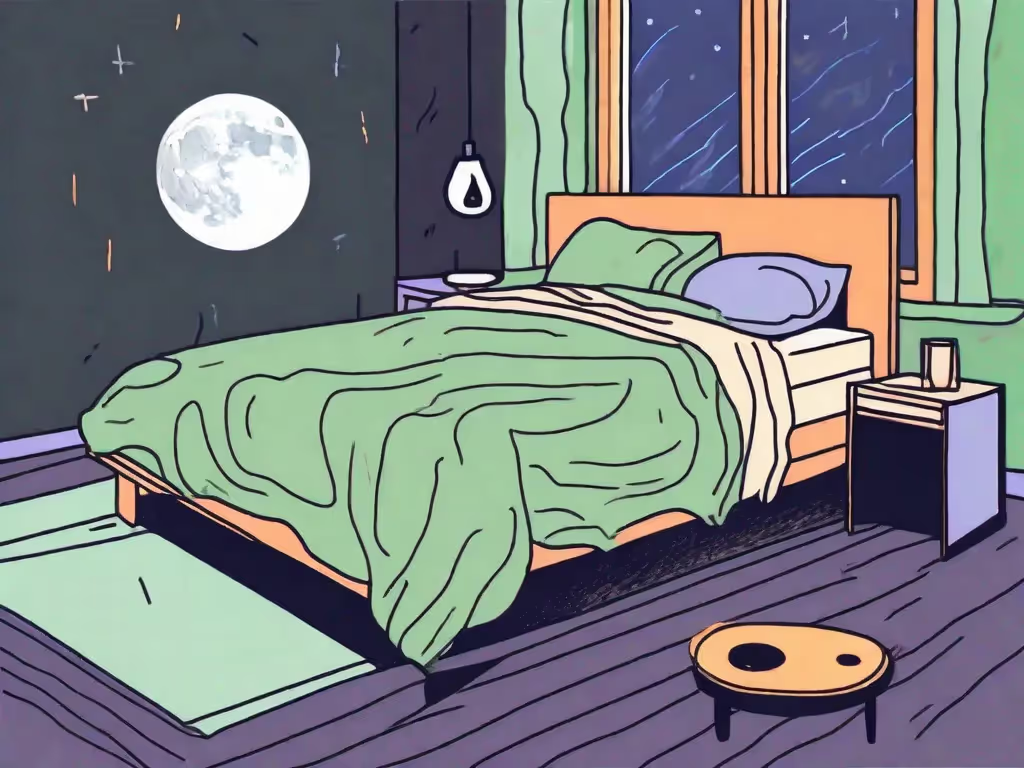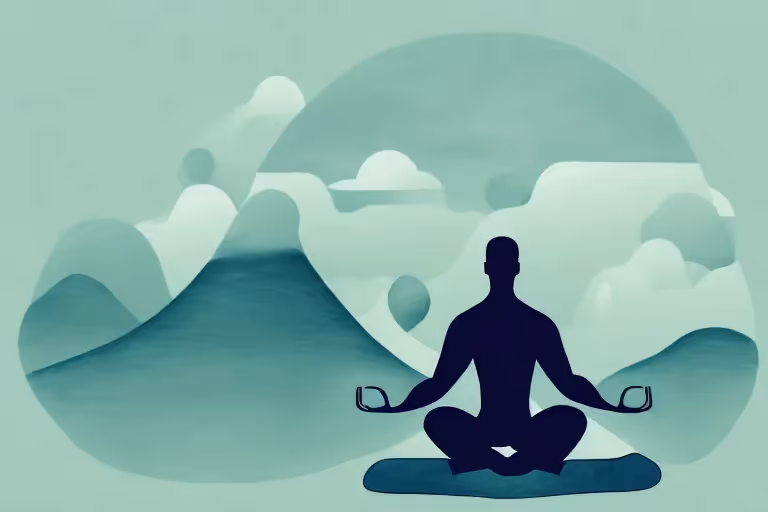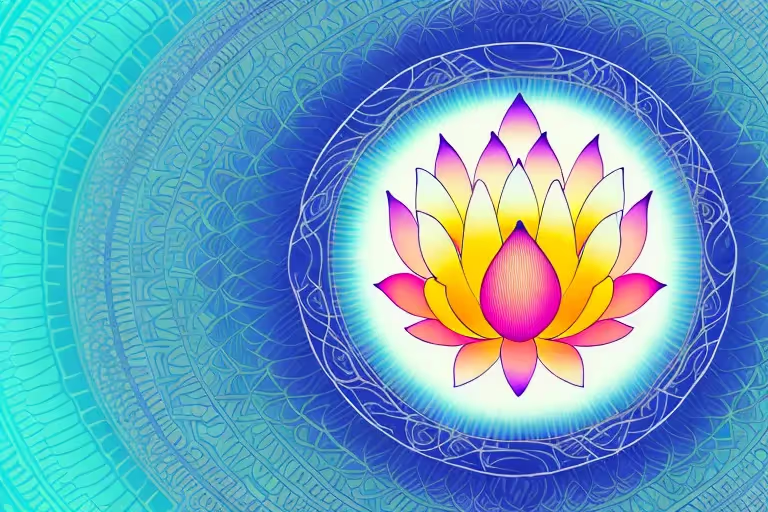Do you ever find yourself tossing and turning in the middle of the night, unable to fall back asleep? If so, you may be experiencing a common sleep disorder known as middle-of-the-night insomnia. While this can be frustrating and leave you feeling exhausted during the day, understanding the causes and potential solutions can help you regain control of your sleep.
Understanding Middle-of-the-Night Insomnia
What is Middle-of-the-Night Insomnia
Middle-of-the-night insomnia, also referred to as sleep maintenance insomnia, occurs when you have difficulty staying asleep after initially falling asleep. It is characterized by frequent awakenings during the night, often accompanied by difficulty falling back asleep.
When you experience middle-of-the-night insomnia, your sleep is fragmented, and you may find yourself waking up multiple times throughout the night. These awakenings can last for varying durations, from a few minutes to several hours, and can leave you feeling restless and frustrated.
The causes of middle-of-the-night insomnia can vary. It can be a result of underlying medical conditions such as sleep apnea, restless leg syndrome, or chronic pain. It can also be triggered by lifestyle factors such as stress, anxiety, or excessive consumption of caffeine or alcohol.
Common Symptoms of Middle-of-the-Night Insomnia
Individuals with middle-of-the-night insomnia often experience feelings of restlessness, frustration, and anxiety during the nighttime awakenings. These awakenings can disrupt the sleep cycle, leaving you feeling groggy and fatigued the next day.
During the awakenings, you may find it difficult to fall back asleep. Your mind may race with thoughts, and you may experience heightened levels of anxiety and stress. The frustration of not being able to sleep can further exacerbate these feelings, creating a vicious cycle of sleeplessness.
As a result of the fragmented sleep, you may notice a decline in your overall cognitive function. Concentration and memory can be affected, making it challenging to perform daily tasks. Additionally, you may experience mood swings and irritability due to the lack of restorative sleep.
It is important to note that middle-of-the-night insomnia can have a significant impact on your quality of life. The constant fatigue and sleep deprivation can affect your work performance, relationships, and overall well-being. Seeking appropriate treatment and making lifestyle changes can help manage and alleviate the symptoms of middle-of-the-night insomnia.
The Science Behind Sleep and Insomnia
The Sleep Cycle Explained
For a better understanding of middle-of-the-night insomnia, let's delve into the science of sleep. The sleep cycle consists of four stages, including non-rapid eye movement (NREM) and rapid eye movement (REM) sleep. Throughout the night, we cycle through these stages multiple times. However, disruptions in this cycle can lead to insomnia.
During the NREM stage, which accounts for approximately 75% of our sleep, our brain waves slow down, and our body temperature drops. This stage is further divided into three sub-stages. Stage 1 is the lightest stage of sleep, where we transition from being awake to falling asleep. In this stage, our brain produces alpha and theta waves, and we may experience sudden muscle contractions known as hypnic jerks. Stage 2 is a deeper stage of sleep, characterized by the presence of sleep spindles and K-complexes. Finally, Stage 3 is the deepest stage of NREM sleep, also known as slow-wave sleep (SWS), where our brain produces delta waves. This stage is crucial for physical restoration and growth.
After the NREM stages, we enter the REM stage, which is associated with vivid dreaming. During REM sleep, our brain becomes highly active, and our eyes move rapidly. This stage is essential for cognitive processes such as memory consolidation and emotional regulation. Interestingly, our muscles become temporarily paralyzed during REM sleep, which prevents us from acting out our dreams.
Throughout the night, our sleep cycles follow a specific pattern. We typically start with a longer period of NREM sleep, which gradually transitions into shorter NREM periods and longer REM periods. This pattern repeats several times, with each cycle lasting around 90 to 120 minutes.
How Insomnia Disrupts Your Sleep
Insomnia, including middle-of-the-night insomnia, can disrupt the delicate balance of the sleep cycle. Factors such as stress, poor sleep hygiene, and underlying health conditions can contribute to this disruption, causing sleep disturbances and frequent awakenings.
Stress plays a significant role in insomnia. When we are stressed, our body releases stress hormones like cortisol, which can interfere with the natural sleep process. Additionally, racing thoughts and worries can keep our mind active, making it difficult to fall asleep or stay asleep.
Poor sleep hygiene refers to behaviors and habits that can negatively impact sleep quality. These include irregular sleep schedules, excessive consumption of caffeine or alcohol, and engaging in stimulating activities close to bedtime. Such habits can disrupt the sleep-wake cycle and make it harder to achieve restful sleep.
Underlying health conditions can also contribute to insomnia. Medical conditions such as chronic pain, respiratory disorders, and hormonal imbalances can disrupt sleep patterns and cause insomnia. Mental health disorders like anxiety and depression are closely linked to sleep disturbances as well.
It is important to address the underlying causes of insomnia to improve sleep quality. Practicing good sleep hygiene, managing stress levels, and seeking medical advice for underlying health conditions can all contribute to better sleep and overall well-being.
Potential Causes of Middle-of-the-Night Insomnia
Physical Health Conditions and Insomnia
Various physical health conditions can contribute to middle-of-the-night insomnia. These may include chronic pain, respiratory disorders, hormonal imbalances, or gastrointestinal issues. If you suspect a physical health condition is causing your insomnia, it is important to consult with your healthcare provider for a proper diagnosis and treatment.
Mental Health and Its Impact on Sleep
Mental health conditions, such as anxiety, depression, and post-traumatic stress disorder (PTSD), can significantly impact your sleep patterns. The intrusive thoughts and emotional unrest associated with these conditions often disrupt the ability to fall and stay asleep throughout the night.
Lifestyle Factors Contributing to Insomnia
Our lifestyle choices play a vital role in maintaining good sleep hygiene. Factors such as excessive caffeine intake, inconsistent sleep schedules, lack of exercise, or exposure to blue light from electronic devices before bed can contribute to middle-of-the-night insomnia.
The Effects of Insomnia on Your Health
Physical Health Risks of Insomnia
Chronic insomnia can have detrimental effects on your overall physical health. Research has linked inadequate sleep to an increased risk of cardiovascular diseases, diabetes, obesity, weakened immune system, and even certain cancers. Taking steps to improve your sleep quality can help mitigate these risks.
Mental Health Consequences of Poor Sleep
Just as poor sleep takes a toll on physical health, it can also have severe implications for mental well-being. Insomnia is closely associated with an elevated risk of developing mood disorders, such as depression and anxiety. Prioritizing sleep can be a crucial step in maintaining optimal mental health.
Strategies for Managing Middle-of-the-Night Insomnia
Sleep Hygiene Tips for Better Rest
Improving your sleep hygiene can have a profound impact on managing middle-of-the-night insomnia. Establishing a consistent sleep schedule, creating a relaxing bedtime routine, ensuring a comfortable sleep environment, and limiting stimulants are essential steps towards achieving restful nights.
Medical Treatments for Insomnia
Medical interventions can also be an option for managing middle-of-the-night insomnia. Prescription sleep medications or cognitive-behavioral therapy for insomnia (CBT-I) may be recommended by healthcare professionals to address underlying causes and promote healthier sleep patterns.
Natural Remedies and Therapies for Insomnia
If you prefer a more natural approach, there are several remedies and therapies that may help alleviate middle-of-the-night insomnia. These include practices such as relaxation techniques, mindfulness meditation, sleep-inducing herbal supplements, or alternative therapies like acupuncture.
Regardless of the strategies you choose, finding the best way to manage your middle-of-the-night insomnia is crucial for your overall well-being. Remember, everyone's sleep journey is unique, so it may take some trial and error to discover what works best for you.
Aura is Your All In One App for Meditation, Mindfulness Wellbeing
Find peace every day with one app for your whole well-being. There is no one-size-fits-all solution to mental well-being. Aura is the first all-in-one wellness app that learns how to best help you. Discover an endless library of expert-created tracks for your well-being, all taught by the world’s best coaches, therapists, and storytellers. With Aura's personalized recommendations, you can find peace every morning, day and night.



.webp)






.avif)

%20(1).avif)


.avif)
.avif)
.webp)


.avif)


















































































































.avif)

















.svg)









